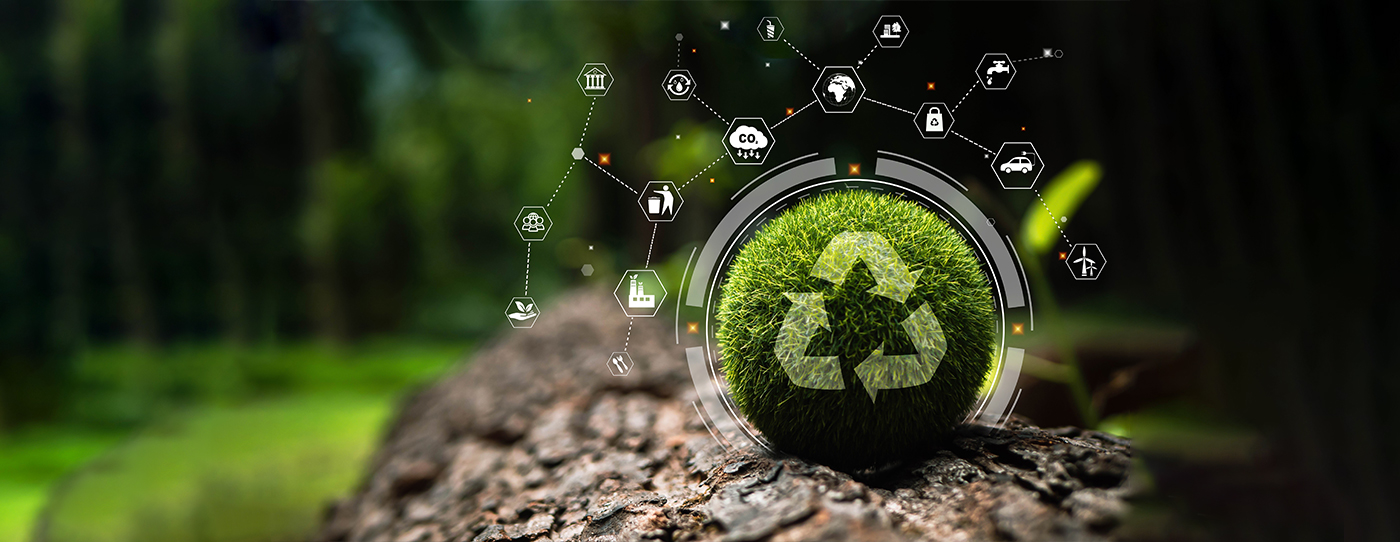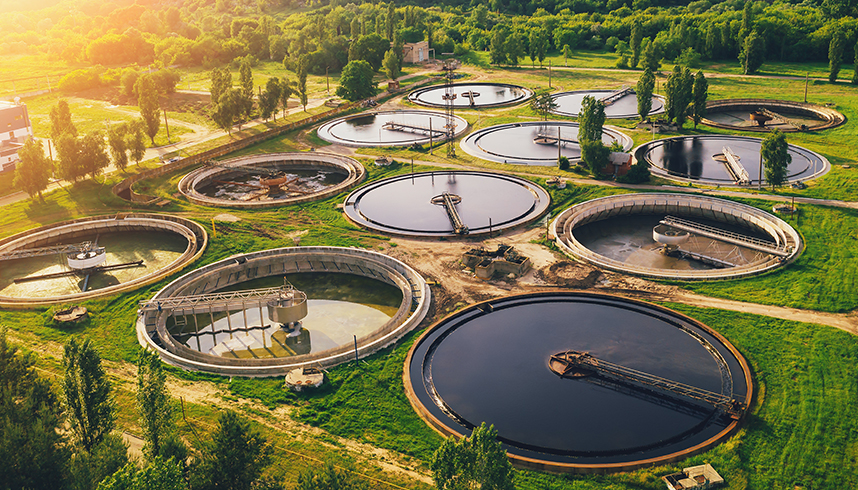
What is Zero Waste? How is Waste Management Provided in SOCAR Türkiye?
In recent times, companies globally have been giving considerable importance to zero waste projects. Waste stands as a significant factor in environmental pollution, and its impacts on climate change are of considerable magnitude, demanding attention. The growing consciousness regarding this matter is compelling enterprises to explore inventive approaches in waste management.
What exactly does 'zero waste' mean? How does it influence companies' approach to waste management? What specific approaches do we, as SOCAR Türkiye, adopt? Let's explore the responses to these inquiries collaboratively.
What is zero waste?
Zero waste represents a sustainable strategy for managing waste within the framework of a circular economy. This strategy incorporates concepts like waste prevention, effective resource utilization, and the minimization, repurposing, and recycling of waste materials. Considering the substantial volume of waste generated, particularly by businesses, the imperative of investing in zero waste practices for waste management becomes evident. These practices are aimed at safeguarding the environment, human well-being, and the conservation of natural resources.
The Ministry of Environment, Urbanization and Climate Change of the Republic of Türkiye requires the establishment and certification of a zero waste management system for institutions, organizations, and businesses listed in Annex-1 of the regulation published in 2019. You can find the information about the institutions covered under this requirement here.
Driven by our commitment to lead in endeavors for a sustainable future, we give precedence to endeavors in waste management. In alignment with this commitment, and under the guidance of the United Nations Sustainable Development Goals, we have introduced and officially recognized zero waste management systems across the group companies within our Refinery and Petrochemical Business Unit. Through these meticulously implemented systems, we segregate waste right from its source and manage it in a manner that befits its nature, thus making a valuable contribution to the economy.
How is waste management ensured at SOCAR Türkiye?
In accordance with the tenets of a circular economy, we handle waste resulting from our materials, products, and services. Alongside our objectives of diminishing waste and enhancing recycling rates, we give precedence to upholding environmental integrity and human well-being throughout the stages of source separation and recycling processes.
Our waste management system enables us to digitally track every step of the waste management process, starting from its creation and source separation, through temporary storage and transportation, all the way to its ultimate processing at the waste facility.

Our projects within the scope of zero waste initiatives
Recognizing our role as an industry leader, we are acutely aware of our societal obligations. Consequently, alongside our zero waste endeavors, we actively seek engagement in projects that create a meaningful impact in this domain. Presented below are several noteworthy initiatives in areas such as circular economy, zero waste, and chemical recycling:
- SOCAR Terminal-Blue Climate Ambassadors Project in collaboration with TURMEPA
Through collaboration with TURMEPA, SOCAR Terminal implemented the Blue Climate Ambassadors Project, centered around addressing climate change. This endeavor involved providing zero waste education to our terminal employees and organizing coastal cleanup efforts at Aliağa Public Beach and Karşıyaka Deniz Kabuğu Island. - Development of Refinery and Petrochemical Input Materials from Waste Polyolefins
The importance of chemical recycling initiatives is growing for the sake of environmental sustainability. Through a partnership with METU (Middle East Technical University), SOCAR Türkiye Research and Development Innovation Center has launched a project that facilitates the chemical recycling of plastic waste. The innovative catalyst developed within this project allows plastic waste to be converted into valuable raw materials compatible with the petrochemical industry. Furthermore, our ongoing efforts at Petkim involve incorporating 50% recycled granules into packaging production. - Sustainable Bioplastic Production from Agricultural Food Waste (BIOLINK)
We have reinforced the circularity strategy inherited from SOCAR Azerbaijan with a globally influential research and development project. Our initiative, titled 'BIOLINK: Sustainable Bioplastic Production from Agricultural Food Waste,' has been chosen to receive backing as part of the Türkiye-Spain Eureka 2021 Network Projects.
We are committed to continually devising solutions for a cleaner environment, employing both our in-facility applications and our active participation in relevant projects.